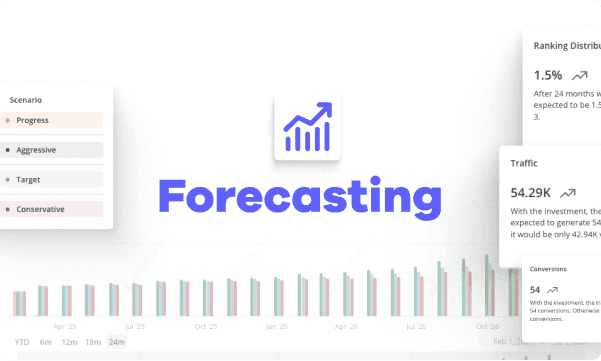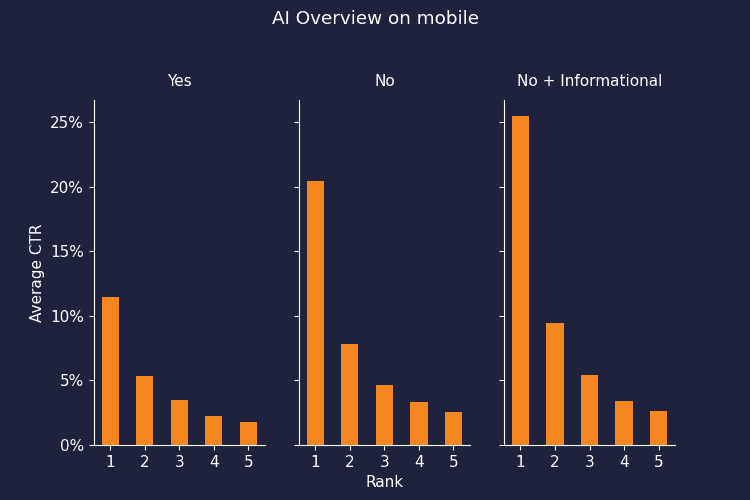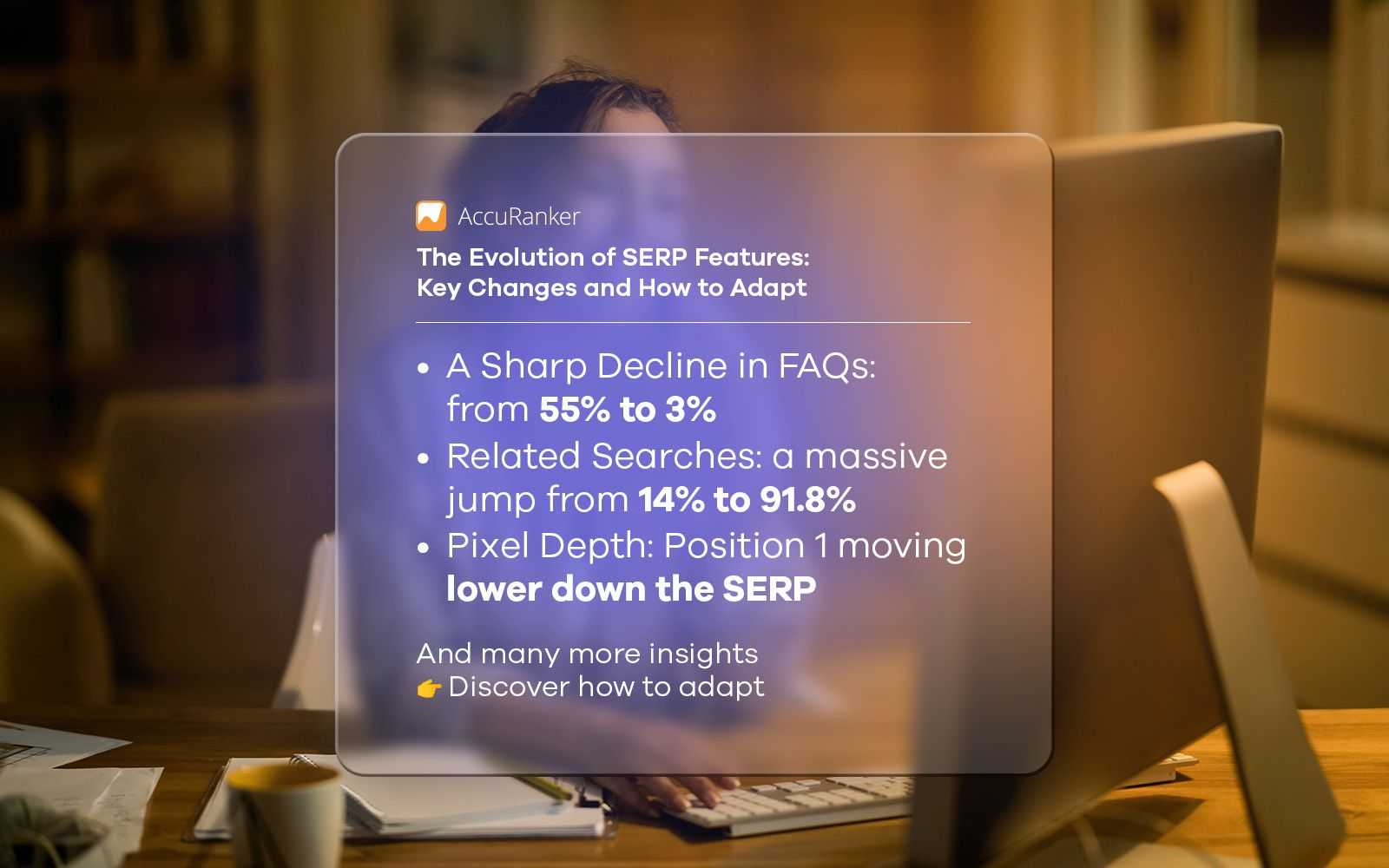Rich Snippets: 3 Simple Steps to Get Them
Last updated on Monday, February 5, 2024

Rich snippets can help your content stand out in the search engine results pages.
They provide additional information and visual appeal to your website's listing, making it more attractive to potential visitors and helping increase your click-through rate.
But, what are rich snippets exactly? And how can you get them?
Let's explore these questions in more detail.
What are Rich Snippets?
Google introduced rich snippets in 2009 as a way to provide more context and information about a webpage in the search results.

They are small, structured data elements underneath a website's title and URL on the search engine results page.
These snippets highlight certain webpage details, such as ratings, reviews, pricing, or product availability.
Why Are Rich Snippets Important?
They have become essential to search engine optimization to help your website stand out in the crowded online space.
How can they do that? You may be asking.
Providing more information and context to your listing, making it more appealing to potential visitors.
In addition, rich snippets can also improve your organic click-through rate, which is the percentage of people who click on your website's link when it appears in the search results. This helps drive more traffic to your website and can potentially lead to higher conversions and sales.
Take for example most of the search result listings. They have:
Title tag
URL
So, the traditional search result looks usually looks like this:

But with rich snippets, you can also have additional information that can make your listing more attractive, such as star ratings, product prices, or even images.

This not only makes your listing more informative but also helps it stand out, increasing the chances of getting clicked on by a potential visitor.
When Do Rich Snippets Appear?
Rich snippets appear in organic search results, meaning they are unpaid and based solely on the relevance to the user's search query. They are SEO guaranteed page 1 results. However, not all websites will have them displayed.
Google decides which sites get them based on their content and structured data. This means you need to follow specific guidelines and implement markup on your website to enable rich snippets.
So, how can you check if your website is properly set up?
Simply enter your website's URL into Google's Structured Data Testing Tool to see if it detects any structured data on your webpage.
Or, you can use Google Search Console to see if your site has any issues or errors with structured data.
To do this, visit your GSC dashboard, the "Enhancements" section, and select "Sitelinks searchbox."

Here, you can check for any errors or warnings in your structured data markup and fix them accordingly. As well as all the valid URLs that are eligible for Google Search's rich results.
Rich Snippets vs Rich Results
Now, you may have come across the term "rich results" while researching rich snippets.
So, what is the difference between the two?
They are basically the same thing, as stated by Google:

Rich results include features such as carousels, images, and non-textual elements (other than the traditional blue links).
And, what about the SERP features?
SERP features refer to all the elements in the search engine results page apart from organic listings. This includes paid listings, knowledge panels, featured snippets, and more.
Examples of Rich Snippets
Some common types of rich snippets include:
Reviews
Products
Recipes
Events
Videos
FAQs
However, there are many more available. The type you use depends on the content and purpose of your website.
Let's see some of them as examples.
Reviews
These show ratings and reviews from customers directly in the search results.
They can give potential visitors a glance at what other customers think of your product or service.

Recipes
For food bloggers or cooking websites, the recipe rich snippet can be extremely beneficial.
It displays important recipe information such as ingredients, cook time, and ratings.
They can help potential visitors decide if they want to visit the website and try the recipe.

Products
The product-rich snippet shows pricing, availability, and reviews for a specific product.
It is especially useful for e-commerce websites as it gives potential customers a quick summary of what they can expect from the product before even clicking through to the webpage.

3 Simple Steps to Get Rich Snippets
Now that you know the importance of rich snippets and have seen some examples, let's take a look at how you can get them for your website, in a simple three-step process.
Choose Your Rich Snippet Type
Implement Structured Data Markup
Validate and Monitor
#1. Choose Your Rich Snippet Type
You should choose the one suitable for your kind of business or content (check the list of available types here).
The first ones include:
Article
Book actions
Breadcrumb
Carousel
Dataset
Discussion forum
Education Q&A
Employer aggregated rating
The list is long, and you are free to choose the one that suits you best.
For example, if you own an online store, rich snippets for product pages are the way to go.
If you have a blog or news website, rich snippets for articles may be more appropriate.

When choosing your rich snippet type, consider the content on your website and what would be most beneficial to showcase in the search results.
#2. Implement Structured Data Markup
Once you have chosen, you need to implement structured data markup on your webpage following Google's structured data guidelines. This helps the search engine understand the content on your webpage and display it correctly in the results.
You may want to use Google's Structured Data Markup Helper to easily add structured data to your webpage.

Simply select the type of content you want to markup, paste the URL of your webpage, and start tagging the necessary information.
After you have included all the relevant data, click on the "Create HTML" button and add this code to your webpage. If you are not familiar with coding, it is best to consult a developer for assistance.
#3. Validate and Monitor
Once you have implemented structured data markup on your webpage, use Google's Structured Data Testing Tool to check if the markup is properly detected.

If there are any errors or warnings, fix them accordingly and retest until it shows no issues.
It is also important to regularly monitor your rich snippets using Google Search Console. By doing so, you can be aware of any changes or issues with your structured data and take action to fix them.
Using WordPress Plugins for Rich Snippets
If you have a website built on WordPress, there are various plugins available to help you add structured data markup for rich snippets without any coding knowledge.
Some popular ones include:
These plugins allow you to easily add structured data markup for various rich snippet types and also provide additional features to improve your website's SEO.
Rich Snippets FAQs
Q: Are rich snippets only available on Google?
No, other search engines such as Bing and Yahoo also support rich snippets.
Q: Can I use multiple types of rich snippets on one webpage?
Yes, you can add structured data markup for multiple types of rich snippets on a single webpage. However, be sure to follow the guidelines for each type and avoid any duplicate or conflicting data.
Q: Do rich snippets guarantee higher rankings?
No, rich snippets do not directly affect search engine rankings. However, they can make your website more visually appealing and provide helpful information to potential visitors, which may lead to a higher click-through rate and ultimately improve your rankings indirectly.
Q: Do I need to add structured data markup for all my web pages?
No, you can choose to only add structured data markup for specific pages that have the relevant content for a rich snippet type. However, utilizing rich snippets on multiple pages can benefit your website's overall search appearance and user experience.
Q: Can I add my custom information to the rich snippet?
Yes, you can add additional information to your structured data markup, but it should still follow the guidelines for the chosen rich snippet type. Custom information can provide more context or details about your content and make it stand out in search results.
Q: How long does it take for a rich snippet to appear in search results?
Once you have added structured data markup and Google has indexed your webpage, rich snippets typically appear within a few days. However, this may vary depending on the frequency of Google's crawls and updates.
Conclusion
Adding rich snippets to your website can greatly increase its visibility and attract more potential visitors.
If you follow the simple steps mentioned above, you can easily implement structured data markup for rich snippets on your website.
Remember to regularly monitor and update your structured data to ensure it is accurate and Google-friendly.

Article by:
Erik Emanuelli
Blogger
Erik Emanuelli has been in the online marketing game since 2010. He’s now sharing what he has learned on his website. Find more insights about SEO and blogging here.


